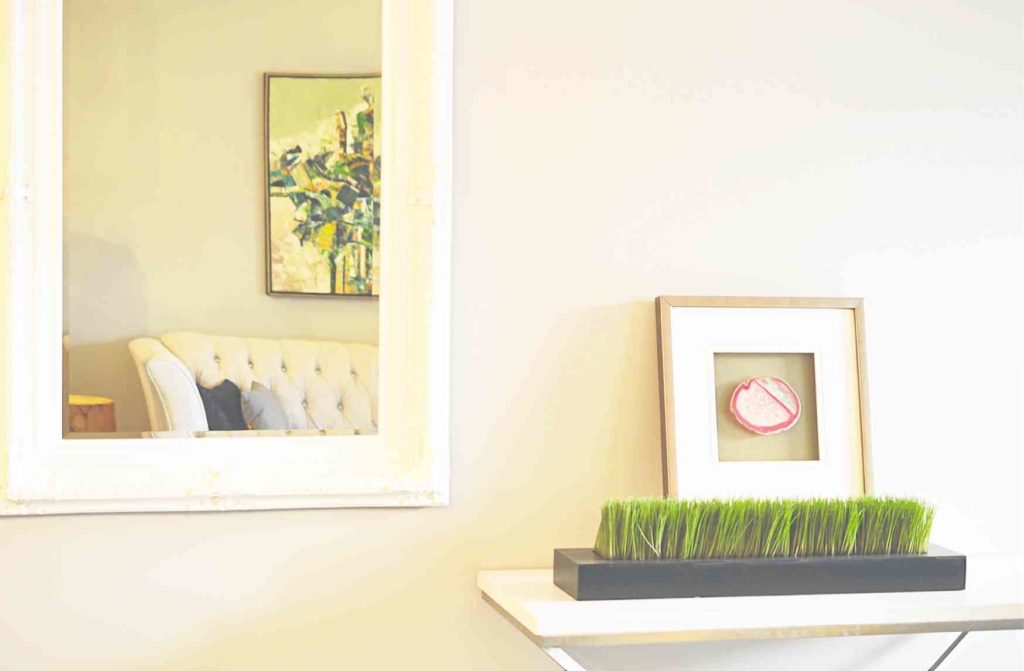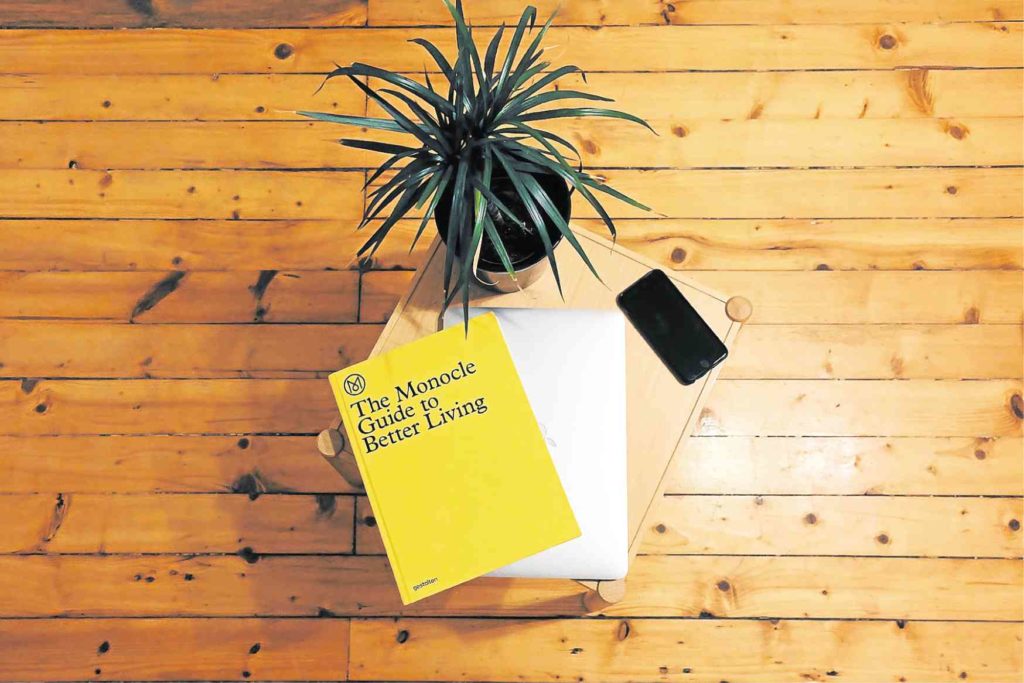Feng Shui with common household items
Believe it or not, salt might actually bring some luck to your home. Feng shui, or the Chinese practice of harmonizing spaces, uses many items to direct energy.
More often than not, we decorate with baguas, animal statues, and paintings when we wish to follow feng shui in practice.
According to long-time followers however, some common items may also work to bring in positive energy to your home. Beyond lucky charms, feng shui is about knowing how materials and shapes affect spaces.
So, if you wish to encourage luck subtly, learn how household objects can influence your domestic Qi flow.
Mirrors

Mirrors
Mark Ainley, a feng shui consultant, calls mirrors as “aspirins of feng shui.”
Basically glass on top of metal, a mirror reflects light and images. Though once expensive, almost every home nowadays has a mirror. Similar to its function, mirrors in feng shui are used to double the effect of objects that face it.
When it’s in front of a window or lamp, it can spread light around a room. Often used when we dress up, a mirror can help improve our self-esteem and outlook for the day. When it faces our bed however, a mirror can do the opposite and startle us when we wake up.
Ainley recommends placing a mirror at a height comfortable enough for the tallest person in the house to use. This encourages good posture and prevents stooping.
Mirrors should also be large enough to reflect both our faces and torsos. This allows us to consider our surroundings when we look at ourselves.
Mirrors should be limited to one panel per wall. This keeps us from feeling too self conscious and avoids the dizzying effect of multiple reflections.
Salt
Salt is a type of crystal. Crystals are often widely used in feng shui for their particular properties. In the case of the common table condiment, salt is used to boost energy and revitalize old objects.
Dana Claudat, an American designer who practices feng shui, suggests using salt in its multiple forms to refresh your home. Placing a bowl of sea salt in your home for a day helps invigorate dead spaces.
Salt lamps, which often bathe a room in a soft, pink glow, are great to create a more relaxing mood in the bedroom. Saltwater can also be used to clean other crystals you might wear or have on display.
Just make sure to check whether your items undergo any reaction when dunked in saltwater.
Plants
Beyond feng shui, plants are wonderful at home because of aesthetics and natural benefits. They liven up spaces and help improve indoor air quality. In feng shui, plants are usually used to symbolize growth, expansion and new beginnings.
Anjie Cho, principal of Anjie Cho Architect, recommends decorating with plants that have soft, round leaves. Prickly plants should be avoided or to offset with other ones.
Bamboo is one plant that is considered lucky. It can be present in the form of flooring, wind chimes or garden plant. Orchids are also recommended by Cho to encourage new relationships. When placed on table night stands, it helps improves our breathing at night. It is also thought to help attract a respectful and honest life partner.
Fountains and aquariums
Water, one of the five material elements in feng shui, is said to encourage prosperity in a room. These are usually present inside our homes as fountains or fish aquariums. They are thought to be helpful in the areas of career or wealth.
Fountains are best placed near the door, with water flowing towards the entry. They should not be placed on the right side of the front door however, as they might encourage extramarital affairs. Fountains are best placed in the living room and should not be placed in bedrooms and bathrooms.
Aquariums meanwhile are considered lucky if they contain goldfishes. Fish are considered beneficial in feng shui because they signify movement. Whether you opt for a fountain or aquarium, remember to replace water regularly and feed the fishes.
Being practical about feng shui

Being practical about feng shui
Feng shui has both its healthy share of followers and skeptics. Many architects, however, encourage it because it adheres with many good design principles.
Though some people might find the three-legged toad statue or bagua mirrors at home overwhelming, there are numerous ways to subtly incorporate this practice at home. Beyond luck, feng shui is beneficial because it promotes a healthy and nature-filled home. Do not be afraid to try it out to bring some harmony to your life.
The author is a licensed architect who studied abroad and currently works for DSFN Architects.
She doesn’t believe in luck but practices feng shui to create relaxing spaces at home.
Sources: www.knowfengshui.comwww.mindbodygreen.comwww.inhabitat.com www.dreamhomedecors.














